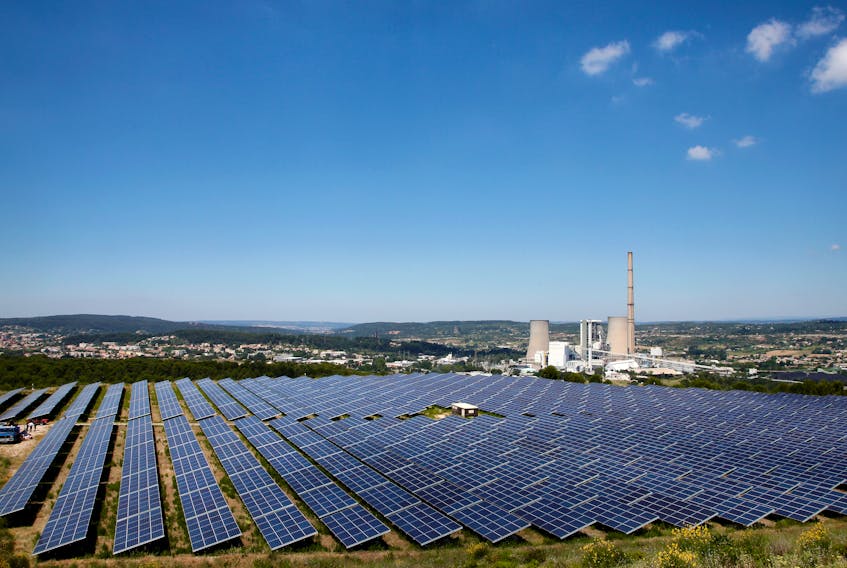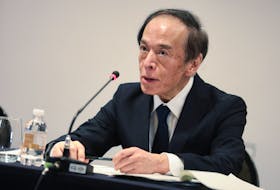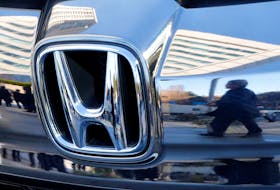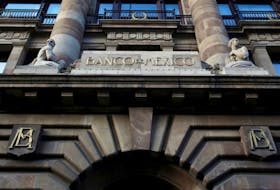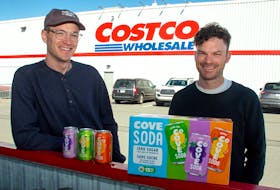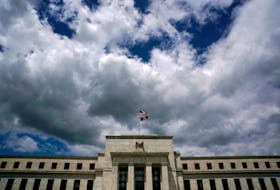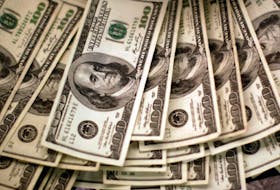By Stephen Jewkes and Isla Binnie
MILAN/MADRID (Reuters) - Italy's Ferrero is famous for its red-and-white Kinder chocolate eggs. But soon it may hope to be able to slap more green on the wrapper.
The confectionery giant, which runs its own gas-fired power plant near its factory in northern Italy, is in early talks to help finance a new clean energy plant, possibly a solar farm in the sunnier south, according to three sources familiar with the matter.
Like other companies in Europe, Ferrero is under growing pressure from investors and authorities to shift toward greener energy. But without enough wind or sunshine on its doorstep to provide a renewable alternative, it's looking to a new financial derivative known as a virtual power-purchase agreement.
These complex contracts are effectively insurance policies for renewable project developers against the risk of falling power prices, with the premiums paid by companies like Ferrero to support sustainable energy even though they remain plugged into fossil fuels.
Virtual PPAs are slowly beginning to gain traction in Europe, and other companies considering the option include French luxury group Kering and Telecom Italia, two separate industry sources told Reuters.
Telecom Italia, Italy's No. 2 energy user, is discussing a possible PPA of up to 30 years, while Kering plans a deal involving funding a renewable plant in Italy, said the sources.
Ferrero confirmed its interest in PPAs but said it was premature to make any decision, while Kering said it was looking at the idea. Telecom Italia also said it was interested and had been approached by energy companies.
Many firms now fund schemes such as planting forests to offset emissions, but shareholders and authorities want companies to underwrite the direct addition of new renewable generation to grids.
"Investors are increasingly calling on companies to go greener and offer 'additionality' to show they're serious about funding new clean projects," said Aldo Bonati, manager at Italian fund Etica Sgr which counts renewable group Erg and offshore wind developer Orsted among its investments.
Since PPAs do not require companies to reduce their overall greenhouse gas emissions, their direct contribution to tackling climate change may be limited. Nevertheless, advocates believe the instruments can help catalyze a broader shift to clean energy sources by financing projects.
The European Union has urged states to boost green PPAs to help it meet a third of the bloc's energy demand from clean sources by 2030. Renewable energy accounted for 17.4 percent last year, little changed from 2016.
"The big development in renewables in Europe in coming years to meet 2030 targets will mainly be through PPAs," says Antonio Cammisecra, head of green business at Europe's biggest utility, Italy's Enel.
Graphic on renewable energy and CO2 emissions in EU: http://tmsnrt.rs/2XIzjC6
VIRTUAL CONSUMPTION
Companies in EMEA (Europe, Middle East and Africa) struck PPA deals for clean energy projects with a total capacity of 2.3 gigawatts (GW) last year, according to data from Bloomberg New Energy Finance. The level more than doubled from 1.1 GW in 2017.
Big utilities like E.ON, RWE and Engie have all struck PPA deals to help finance renewable projects in Europe.
To put the figures in perspective, 2 GW can power around one million households, but is still a fraction of the more than 500 GW of renewable energy capacity that was installed in Europe by the end of 2017.
Europe still lags the United States, a more mature market where tech giants like Facebook, Microsoft and Amazon have used the instruments to bolster their green credentials. U.S. companies signed 8.5 GW of PPAs last year, almost triple the level of 2017 and more than 60 percent of global activity.
The contracts are offered by middlemen, known as offtakers, often big energy trading companies like Switzerland's DXT and utilities like Enel.
Under a typical PPA, an offtaker enters an agreement with a renewable developer, effectively guaranteeing it a fixed price for the electricity it produces. The offtaker will pay a refund if the price dips below the set rate.
The offtaker in turn enters into a mirror agreement with a corporate customer. The company agrees to fix its own power costs at a set price for up to 10 years or more, but if those bills exceed the fixed price agreed in the PPA, the offtaker will refund the difference.
The two agreements transfer the developer's main risk - that power prices will fall - to the offtaker, which in turn hedges its position by persuading a company to fix its power costs. In this way, the corporate customer "virtually" consumes the power from the renewable project.
Without such an agreement, a new renewable project, exposed to the ups and down of the wholesale power market and unable to count on generous subsidy schemes that once held sway across Europe, could struggle to raise bank finance.
RISKS VS REWARDS
There are, of course, inherent risks.
For corporate customers, locking in large supplies of power for years can guard against rising prices, but can prove unfavorable if markets move lower. The converse is true for developers, who can lose out on income should prices rise.
Other potential turnoffs include the sheer complexity of contracts and the legal complications in the event one link in the chain becomes insolvent and unable to maintain commitments.
In the United States, energy group PG&E Corp is looking to rescind costly PPAs as part of a Chapter 11 reorganization.
The fact PPAs have made a much slower start in Europe means there are fewer precedents than in the United States, which makes companies even more wary of committing to deals.
As a result, only a few long-term PPAs - usually measured as more than 10 years - have been sold on the continent, many to companies with experience of the U.S. market. They include German carmaker Mercedes-Benz and Nike.
But some European companies are ready to take on risk.
"In Europe there is no liquid long-term forward market for power beyond 2-3 years so without price signals there is the risk of booking a loss," said Antonio Gozzi, head of steel group Duferco, which last month signed Italy's first corporate PPA deal for wind power.
"But you have to offset that with the marketing advantages."
SUNNY SPAIN
Spain is emerging as a hot spot for PPAs, although deals are often structured differently with the middleman trading the renewable energy produced to various customers.
Greenpeace has signed a deal to power its Madrid offices from a wind turbine in Barcelona. Under that agreement, accounted for as an advance payment, the provider gives a guarantee every hour for the origin of the electricity, meaning when the turbine stops for maintenance, Greenpeace knows it is paying for power from another renewable source.
Spanish renewable energy producer Acciona is talking to some Spanish companies about virtual PPAs but discussions are primarily with U.S.-based multinationals, said Eduardo Sola, Acciona's director of global origination.
"Spain's potential is it has big solar and wind resources which allow us to be competitive in a virtual contract with the rest of Europe," he added.
Enel, which counts Starbucks and Facebook among its PPA clients in the United States, recently signed a wind PPA with Spanish bank BBVA and is talking to other EU corporates who are already clients.
"It's not an easy walk," said Enel CEO Francesco Starace. "But in a few years PPAs will become common practice in Europe."
(Additional reporting by Christoph Steitz in Frankfurt, and Nina Chestney and Matthew Green in London; Editing by Pravin Char)

